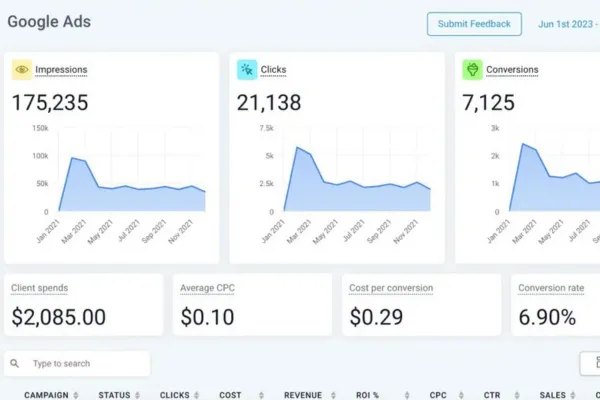+61 483 949 696

Harnessing the Power of Social Media Analytics for Small Business Insights
“Analytics guides small businesses towards more effective, data-driven marketing decisions.”
Introduction:
In the digital age, small businesses have an unparalleled opportunity to understand and engage their customers through social media. Utilising social media analytics is a game-changer, offering valuable insights that help in shaping effective marketing strategies. In this blog, we'll explore how small businesses can leverage these analytics to gain a deeper understanding of audience behavior and refine their content strategy for better engagement and results.

Understanding Social Media Analytics
Social media analytics involves collecting and analyzing data from social networks to understand customer behavior and preferences. This data can range from basic metrics like likes, shares, and comments to more complex ones such as user demographics, engagement times, and conversion rates. By interpreting this data, businesses can make informed decisions about their social media marketing strategies.
Why Analytics Matter for Small Businesses
For small businesses, resources are often limited, making it crucial to invest time and effort in strategies that yield the most benefit. Social media analytics provides insights into what works and what doesn't, allowing businesses to optimize their strategies for maximum impact. Understanding the preferences and behaviors of your audience ensures that the content you produce resonates with them, leading to higher engagement and conversion rates..
Steps to Utilise Social Media Analytics
1. Identify Key Metrics
Start by identifying the metrics that are most relevant to your business goals. If brand awareness is your goal, focus on reach and engagement metrics. For sales, look at click-through and conversion rates.
2. Regularly Monitor and Analyse Data
Consistency is key. Regular monitoring helps in understanding trends and patterns. Most social media platforms offer built-in analytics tools that provide a wealth of data. Tools like Whizrock can further simplify this process by aggregating data across platforms.
3. Understand Your Audience
Delve into the demographics of your audience – age, location, gender, and interests. This information is crucial for tailoring your content to suit the preferences of your target audience.
4. Track Engagement Patterns
Note the times when your audience is most active and the type of content that generates the most engagement. This can help in scheduling posts for optimal visibility and interaction.
5. Analyse Competitor Performance
Keep an eye on your competitors. Analyzing their social media performance can offer insights into what might work for your business and help in identifying gaps in your own strategy.
6. Test and Adapt
The digital landscape is constantly evolving. Regularly test different types of content, posting times, and strategies to see what yields the best results. Adapt your strategy based on these findings.
7. Real-World Applications
Imagine a local bakery that uses analytics to discover that its audience engages most with posts featuring behind-the-scenes content and special offers. By tailoring their content strategy accordingly, the bakery sees a significant increase in engagement and foot traffic.
Similarly, a small tech startup might find that their instructional videos are particularly popular on social media. This insight could lead them to focus more on video content, thereby increasing their online presence and customer base.
Conclusion
Social media analytics is not just a tool; it's a roadmap guiding small businesses towards more effective, data-driven marketing decisions. By regularly reviewing and interpreting these analytics, businesses can tailor their content strategy to meet the needs and interests of their audience, leading to better engagement, increased brand loyalty, and ultimately, business growth.
The power of social media analytics lies in its ability to transform raw data into actionable insights. Small businesses that harness these insights are well-equipped to navigate the dynamic landscape of digital marketing. With tools like Whizrock, this process becomes more accessible, allowing even the smallest businesses to compete effectively in the bustling digital marketplace.
In conclusion, the strategic use of social media analytics can be a significant game-changer for small businesses. By understanding and applying the insights gleaned from these analytics, businesses can not only enhance their digital presence but also forge stronger connections with their audience, paving the way for sustained success and growth in the digital era.

